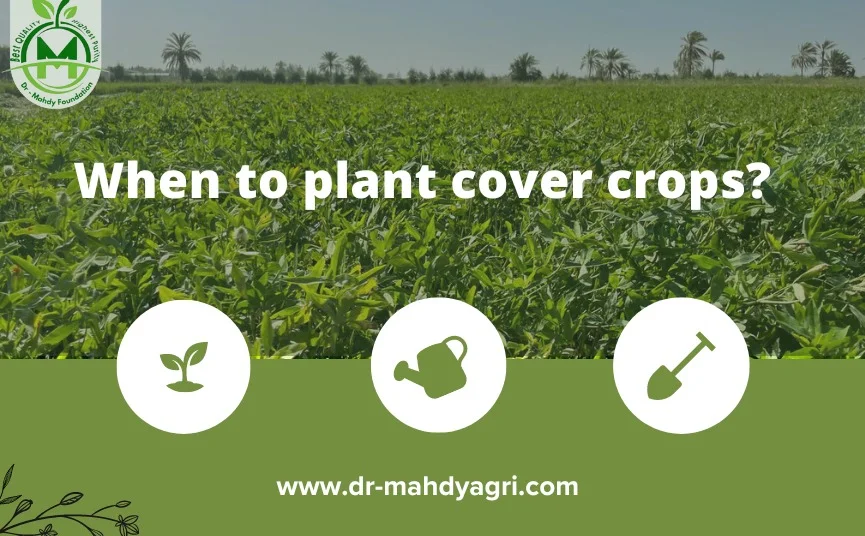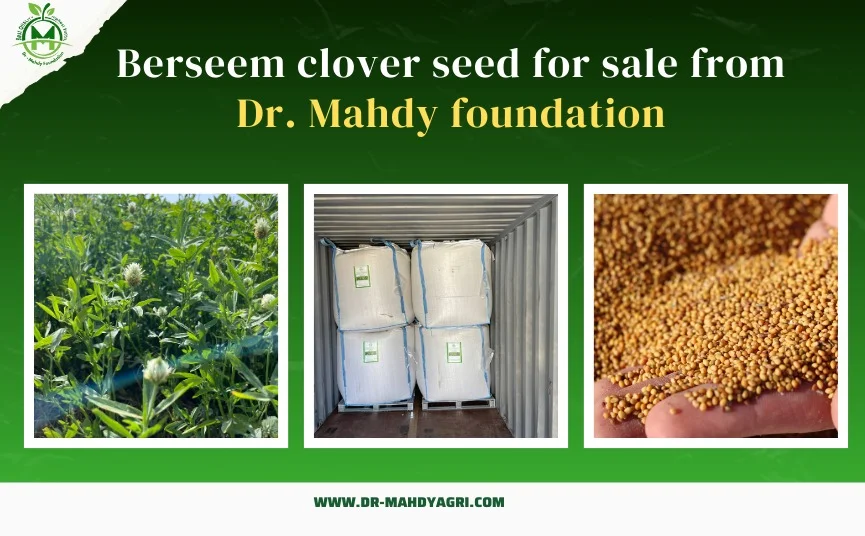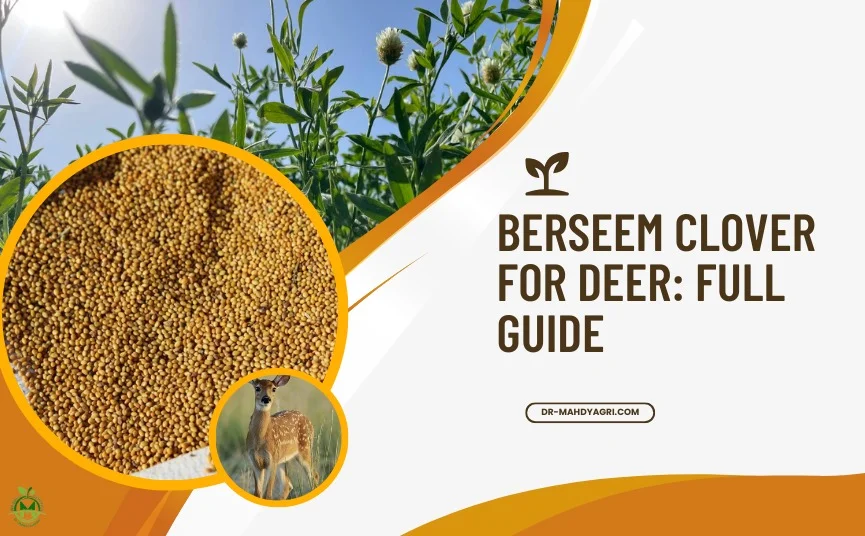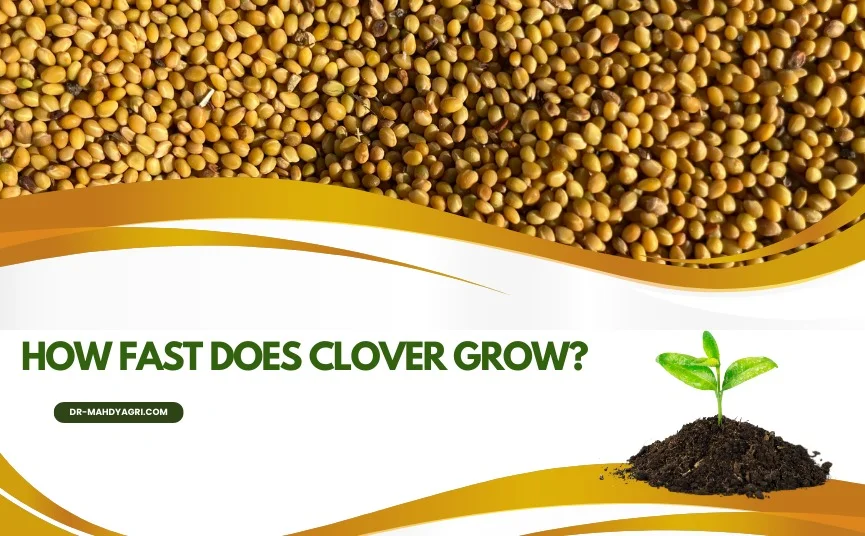

Overview of Berseem Clover
Berseem clover, also known as Trifolium alexandrinum, is a highly nutritious forage crop that is commonly used as a cover crop and livestock feed. It is a member of the legume family and can be grown as either an annual or perennial plant depending on the desired management approach. Berseem clover is characterized by its rapid growth, high biomass production, and ability to fix nitrogen from the air, making it a valuable addition to crop rotations and sustainable farming practices.
Berseem Clover: Definition and Uses
Berseem clover, also known as Trifolium alexandrinum, is a highly nutritious forage crop that is commonly used as a cover crop and livestock feed. It is a member of the legume family and can be grown as either an annual or perennial plant depending on the desired management approach. Berseem clover is characterized by its rapid growth, high biomass production, and ability to fix nitrogen from the air, making it a valuable addition to crop rotations and sustainable farming practices.
Berseem Clover: Annual or Perennial Characteristics
Berseem clover can be grown as either an annual or perennial plant depending on the desired management approach. Annual berseem clover is typically sown in late summer or early fall and harvested before it goes to seed, while perennial berseem clover can survive multiple years if managed properly.
Benefits and Uses of Berseem Clover
Berseem clover offers numerous benefits and uses for farmers and gardeners alike. It serves as a valuable forage crop for livestock, providing high-quality feed that is rich in protein and minerals. Additionally, berseem clover acts as a nitrogen-fixing cover crop, improving soil fertility and reducing the need for synthetic fertilizers. Its deep taproots help prevent soil erosion and enhance water infiltration. Berseem clover can also be incorporated into crop rotations to break pest and disease cycles, promoting overall sustainability in agricultural systems.
Read More:
Berseem clover for deer
how fast does clover grow?
berseem clover seed non gmo
berseem clover vs balansa clover
Soil Health and Nitrogen Fixation
Soil health is crucial for plant growth, and berseem clover plays a significant role in enhancing soil fertility. As a nitrogen-fixing cover crop, berseem clover forms a symbiotic relationship with bacteria in its root nodules, allowing it to convert atmospheric nitrogen into a usable form for plants. This process enriches the soil with nitrogen, reducing the need for synthetic fertilizers and promoting sustainable agriculture. Nitrogen fixation also improves soil structure and water retention, leading to healthier and more productive soil. Incorporating berseem clover into crop rotations can greatly benefit soil health and overall farm productivity.
Livestock Forage and Cover Crop Benefits
Livestock forage and cover crops provide numerous benefits to farmers and the environment. By planting berseem clover as a cover crop, farmers can improve soil health, prevent erosion, and reduce the need for synthetic fertilizers. Additionally, berseem clover can serve as a nutritious forage for livestock, providing them with a sustainable and cost-effective feed source. This dual-purpose aspect of berseem clover makes it a valuable addition to any farming operation, benefiting both the soil and the animals.
Growing Berseem Clover
Planting and Maintenance for Optimal Growth: Growing berseem clover requires careful planning and maintenance to ensure optimal growth and yield. First, select a well-drained field with a pH level between 6.0 and 7.0. Sow the seeds in late summer or early fall, about ¼ to ½ inch deep, and at a rate of 20-30 pounds per acre. Ensure proper soil moisture and fertility throughout the growing season. Weed control is important, especially in the establishment phase. Regularly monitor and manage pests, diseases, and nutrient levels. Consult local agriculture extension services for specific recommendations.
Planting and Maintenance for Optimal Growth
To ensure optimal growth of berseem clover, carefully plan and maintain your planting and maintenance routine. Select a well-drained field with a pH level between 6.0 and 7.0. Sow the seeds in late summer or early fall, about ¼ to ½ inch deep, and at a rate of 20-30 pounds per acre. Ensure proper soil moisture and fertility throughout the growing season. Weed control is important, especially in the establishment phase. Regularly monitor and manage pests, diseases, and nutrient levels. Consult local agriculture extension services for specific recommendations.
Harvesting and Storage Methods
When it comes to harvesting berseem clover, it's best to cut it during the early flowering stage for optimal quality and yield. The cuttings can be dried for hay or used immediately for silage. For storage, it's important to pack the forage tightly and exclude oxygen to prevent spoilage. Baling should be done at the correct moisture level to avoid mold growth. Proper storage conditions, such as a cool and dry environment, will help maintain the nutritional value of the forage.
Read More:
Berseem Clover Forage
balady berseem clover
berseem clover for cattle
berseem clover as cover crop
Comparing Annual vs. Perennial Berseem Clover
When comparing annual and perennial berseem clover, there are several key differences to consider. Annual berseem clover is typically shorter in height and has a shorter growing season, while perennial berseem clover can grow taller and persists for multiple years. Additionally, planting dates may vary depending on the type of berseem clover chosen. Consider these factors when deciding which type of berseem clover is best suited for your specific needs and goals.
Differences in Growth Patterns and Longevity
Annual berseem clover has a shorter growth period and height compared to perennial berseem clover, which can persist for multiple years. Understanding these differences in growth patterns and longevity is crucial when selecting the appropriate type of berseem clover for your specific needs and goals.
Considerations for Crop Rotation and Sustainability
When it comes to crop rotation and sustainability, there are a few key considerations to keep in mind. First, it is important to rotate berseem clover with other crops to break pest and disease cycles. Additionally, incorporating berseem clover into a diverse rotation can help improve soil health and reduce the need for synthetic fertilizers. Finally, proper management practices like timely planting and termination can optimize the benefits of berseem clover and ensure its long-term sustainability in your farming system.
Nutritional Value and Environmental Impact
The nutritional value of berseem clover makes it an excellent choice for livestock feed, as it is high in protein and other essential nutrients. Additionally, berseem clover has a positive environmental impact, as it is a nitrogen-fixing plant that can reduce the need for synthetic fertilizers and improve soil health. By incorporating berseem clover into farming practices, farmers can not only provide nutritious feed for their animals but also contribute to sustainable and eco-friendly agricultural systems.
Nutrient Content and Feed Value
Berseem clover has high nutritional value, making it an excellent feed choice for livestock. It is rich in protein and other essential nutrients, providing a balanced diet for animals. Its high digestibility and palatability make it even more appealing as a feed option. Farmers can ensure optimal feed value by harvesting berseem clover at the optimal stage of maturity and properly storing it to maintain its nutritional content. Incorporating berseem clover into livestock diets can enhance their health and performance, resulting in more productive and efficient farming practices.
Eco-Friendly Benefits and Agricultural Applications
Berseem clover offers several eco-friendly benefits and agricultural applications. As a nitrogen-fixing legume, it improves soil health by reducing the need for synthetic fertilizers. Its dense growth also suppresses weeds, reducing the need for herbicides. Berseem clover can be used as a cover crop to prevent soil erosion and improve soil structure. Additionally, it provides a sustainable forage option for livestock, reducing the reliance on imported feeds and promoting local agricultural production. Farmers can incorporate berseem clover to enhance environmental sustainability and create more resilient farming systems.
Conclusion
In conclusion, berseem clover is a versatile and beneficial crop that offers numerous advantages for farmers and the environment. To effectively incorporate berseem clover into farming practices, follow these best practices: choose the appropriate planting dates based on your region, maintain proper weed control, monitor soil moisture levels, and harvest at the optimal stage of growth. By implementing these practices, farmers can maximize the benefits of berseem clover, improve soil health, and promote sustainable agricultural systems. you can call with Dr. Mahdy Best seller of Egyptian Berseem Clover seeds for cover crops.



